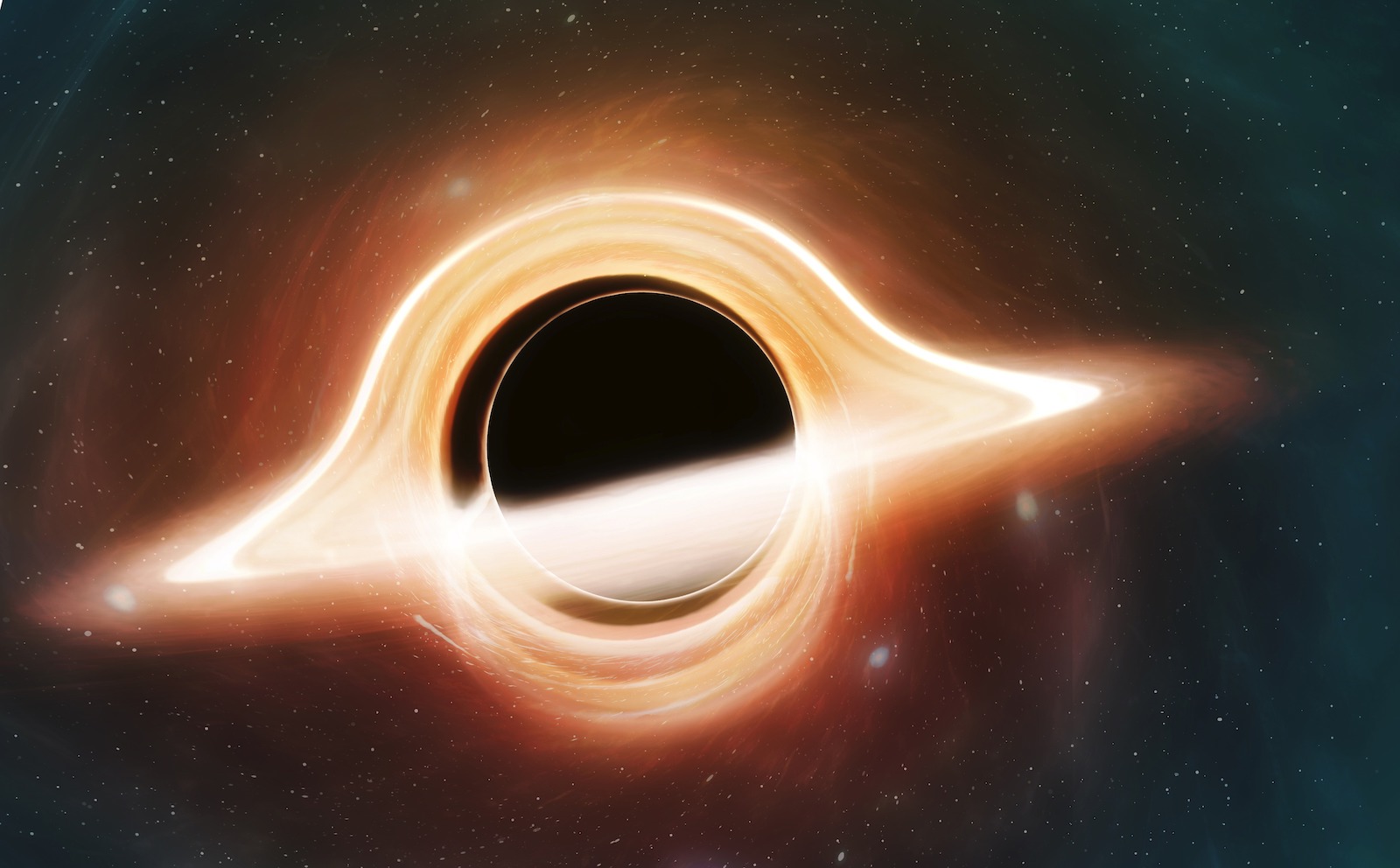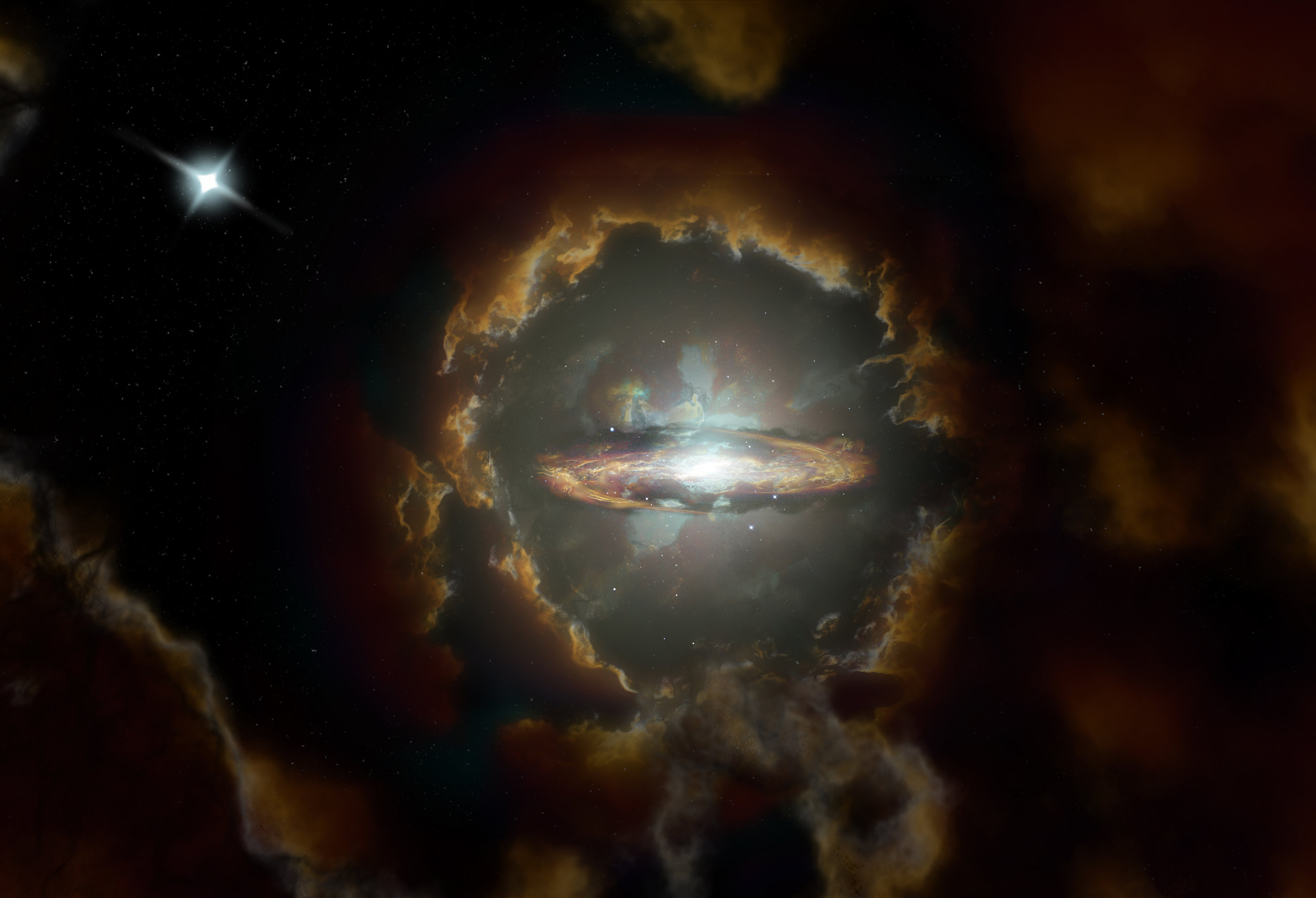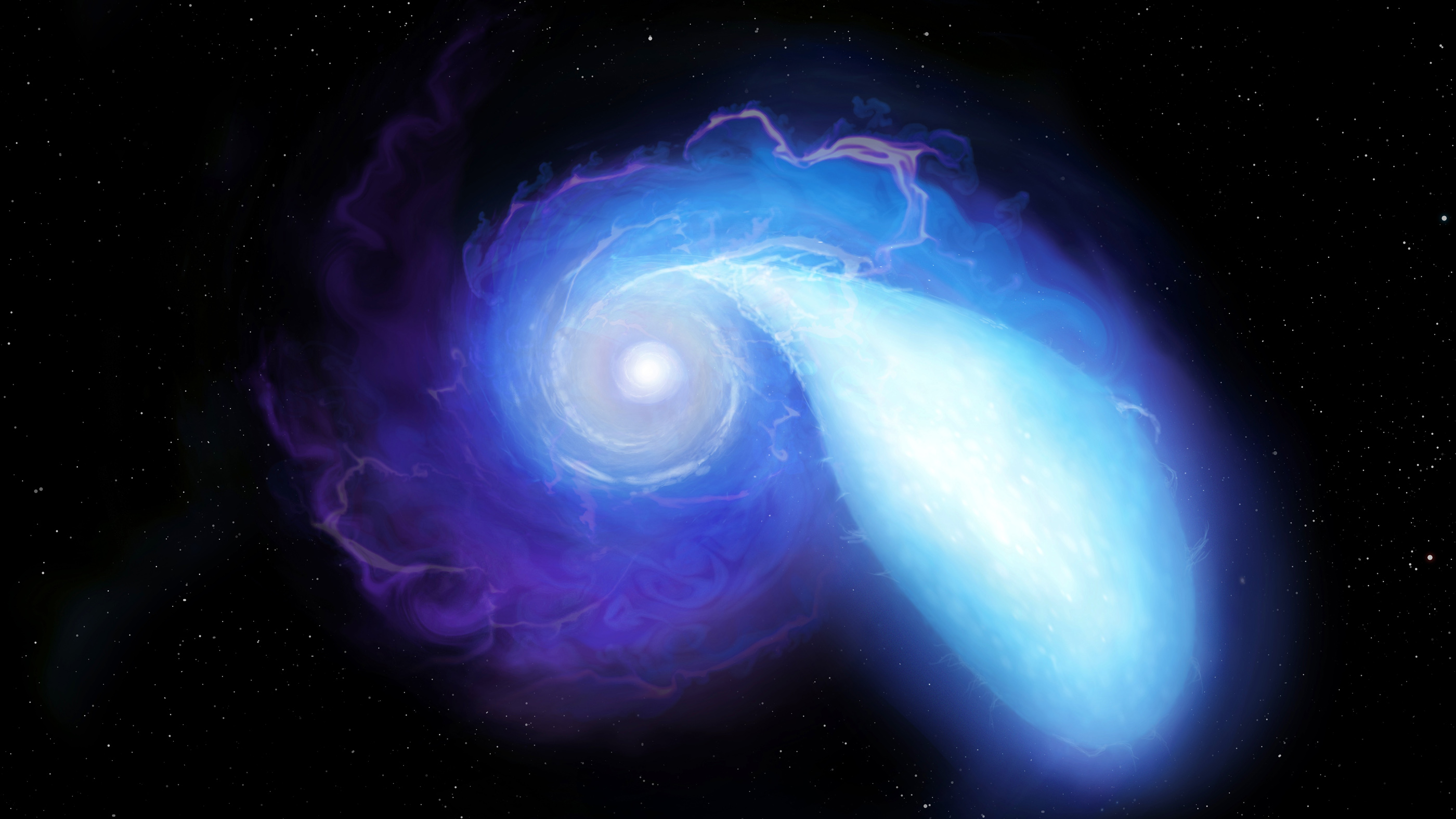
Paul Sutter
Paul M. Sutter is a research professor in astrophysics at SUNY Stony Brook University and the Flatiron Institute in New York City. He regularly appears on TV and podcasts, including "Ask a Spaceman." He is the author of two books, "Your Place in the Universe" and "How to Die in Space," and is a regular contributor to Space.com, Live Science, and more. Paul received his PhD in Physics from the University of Illinois at Urbana-Champaign in 2011, and spent three years at the Paris Institute of Astrophysics, followed by a research fellowship in Trieste, Italy.
Latest articles by Paul Sutter

Could we really terraform Mars?
By Paul Sutter published
With its frigid temperatures, remoteness from the sun and general dustiness, changing Mars to be more Earth-like is more challenging than it seems (and it already seems pretty tough).

What is a superconductor?
By Paul Sutter published
A superconductor is a material that achieves superconductivity— a state of matter that has no electrical resistance and does not allow magnetic fields to penetrate.

Our universe might be a giant three-dimensional donut, really.
By Paul Sutter published
Astrophysicists say our universe might be shaped like a three-dimensional donut, meaning you could point a spaceship in one direction and eventually return to where you started.
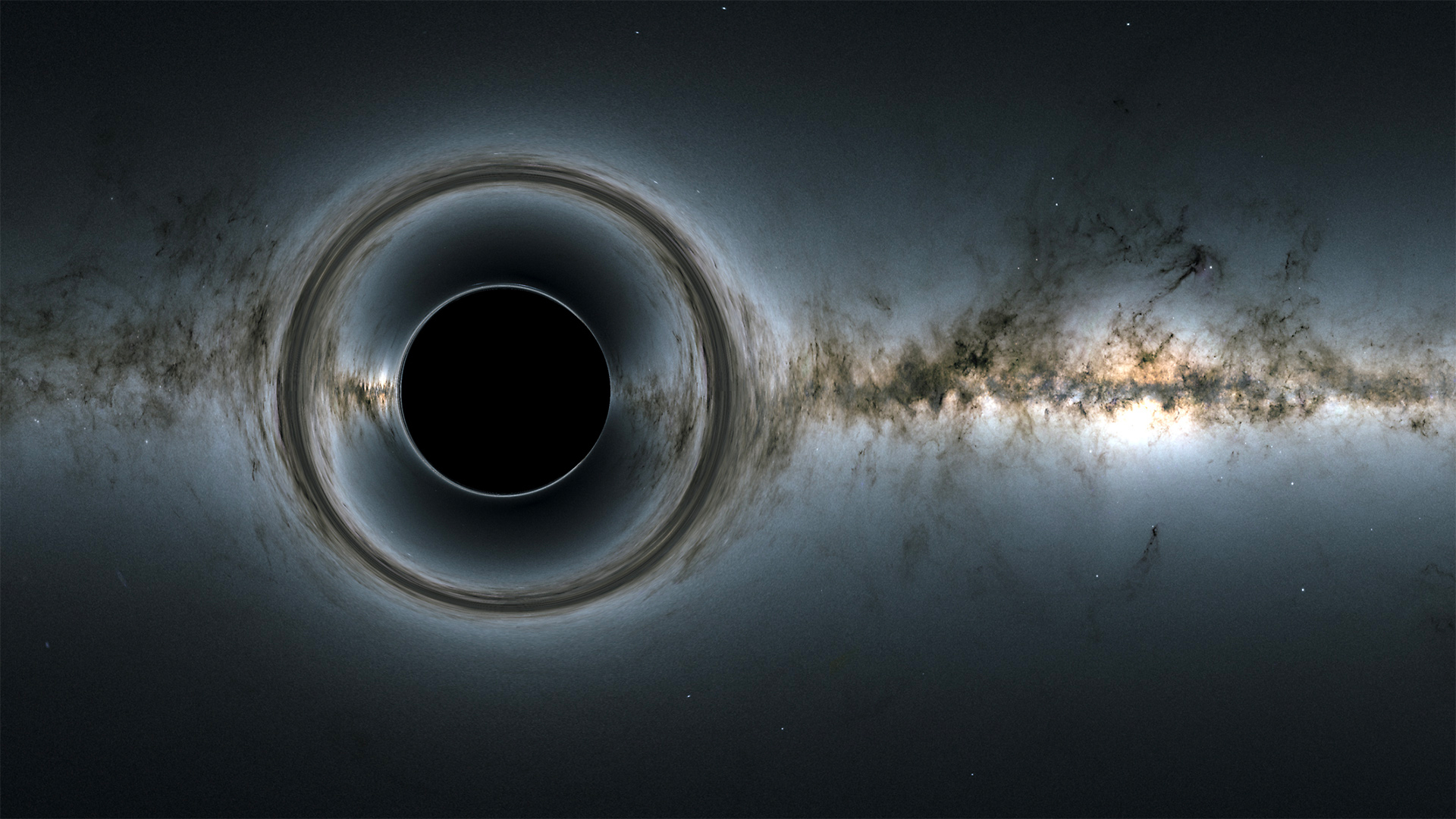
Can we solve the black hole information paradox with 'photon spheres'?
By Paul Sutter published
Theories that attempt to resolve the so-called black hole information paradox predict that black holes are much more complicated than general relativity suggests.
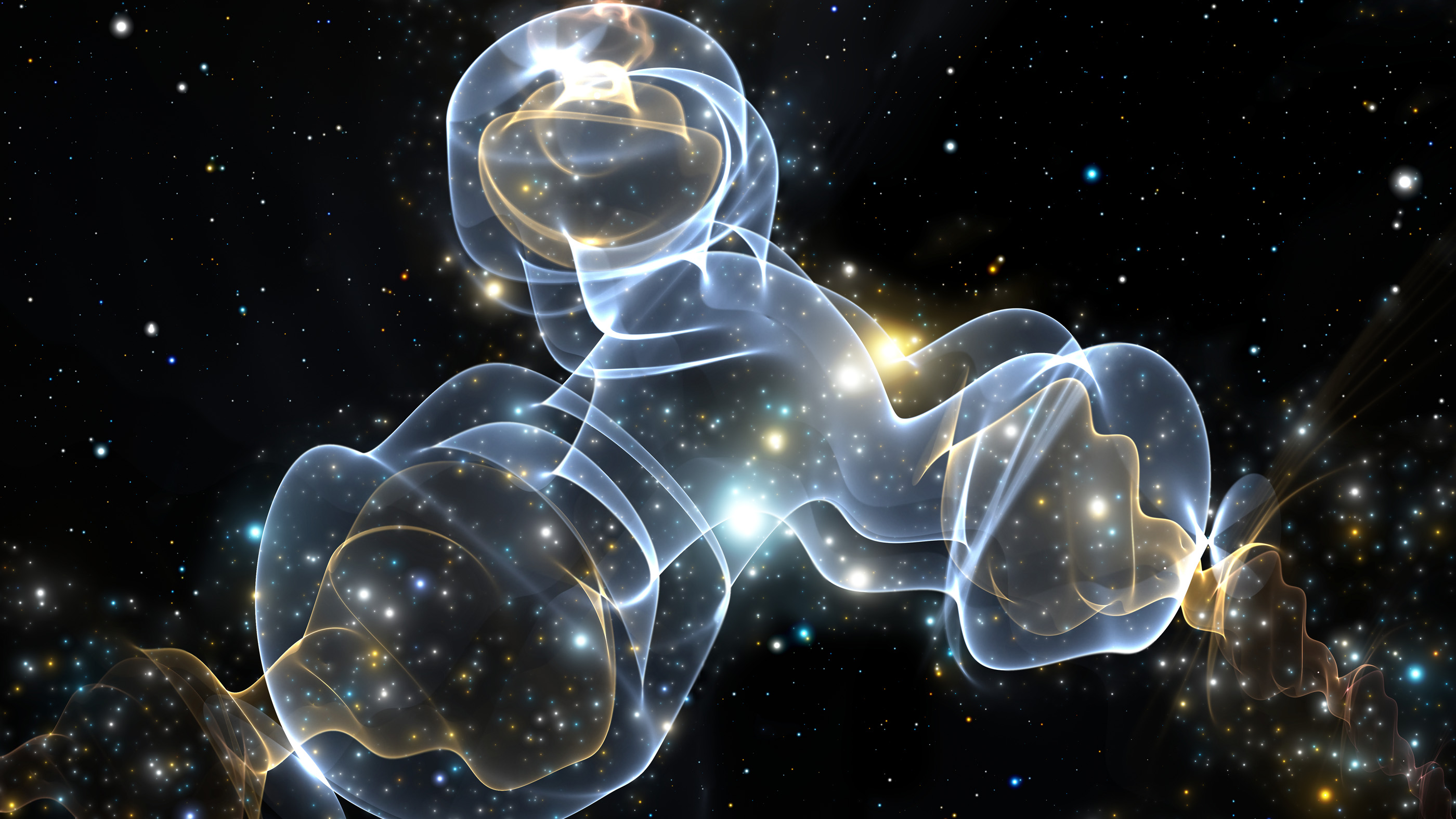
Can we explain dark matter by adding more dimensions to the universe?
By Paul Sutter published
Dark matter could be even weirder than anyone thought, say cosmologists who are suggesting this mysterious substance could interact with itself in a higher dimensional universe.
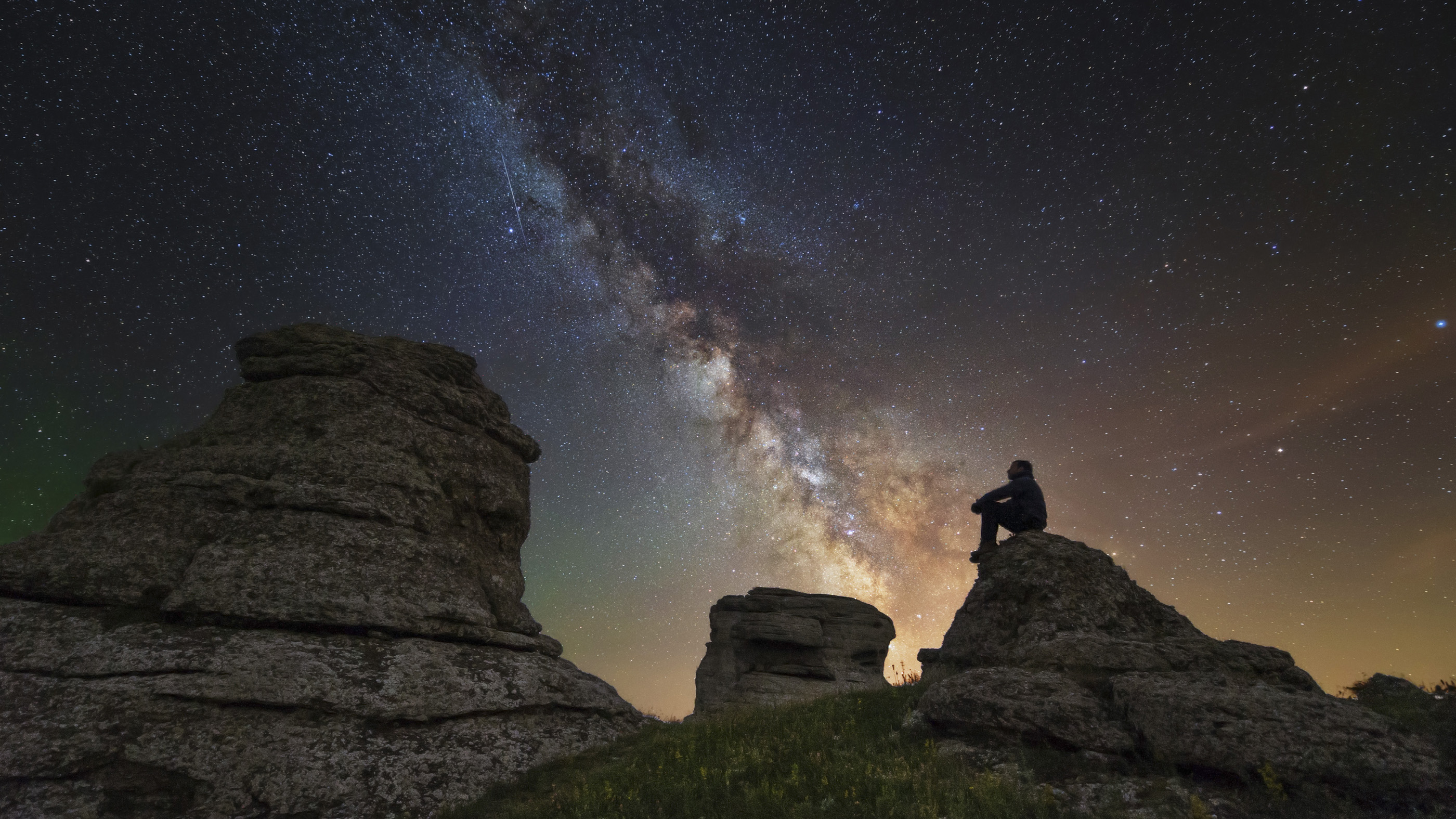
What is the Milky Way?
By Paul Sutter published
Find out all the science of the Milky Way, including the size of our home galaxy, who discovered it and how it's on a collision course with another galaxy.
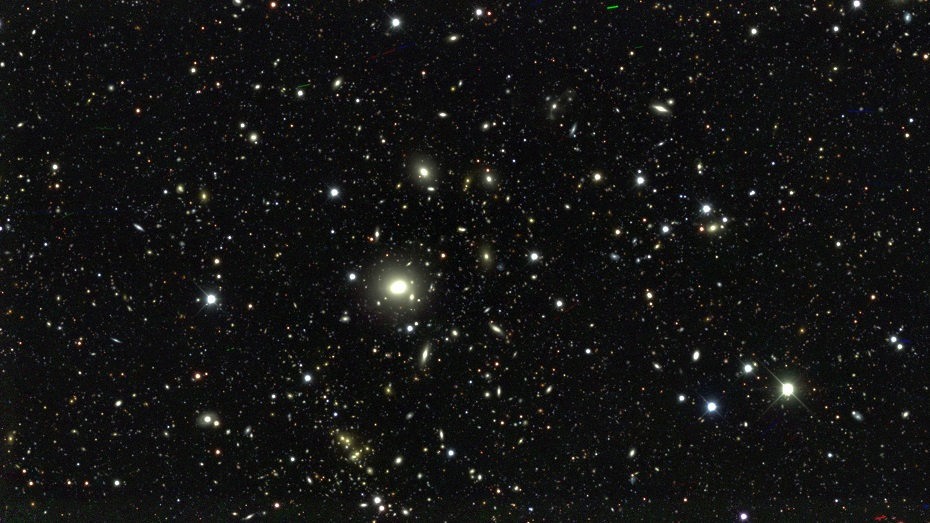
Did a dark energy discovery just prove Einstein wrong? Not quite.
By Paul Sutter published
The Dark Energy Survey just released its most comprehensive results. But did they really prove Einstein wrong?
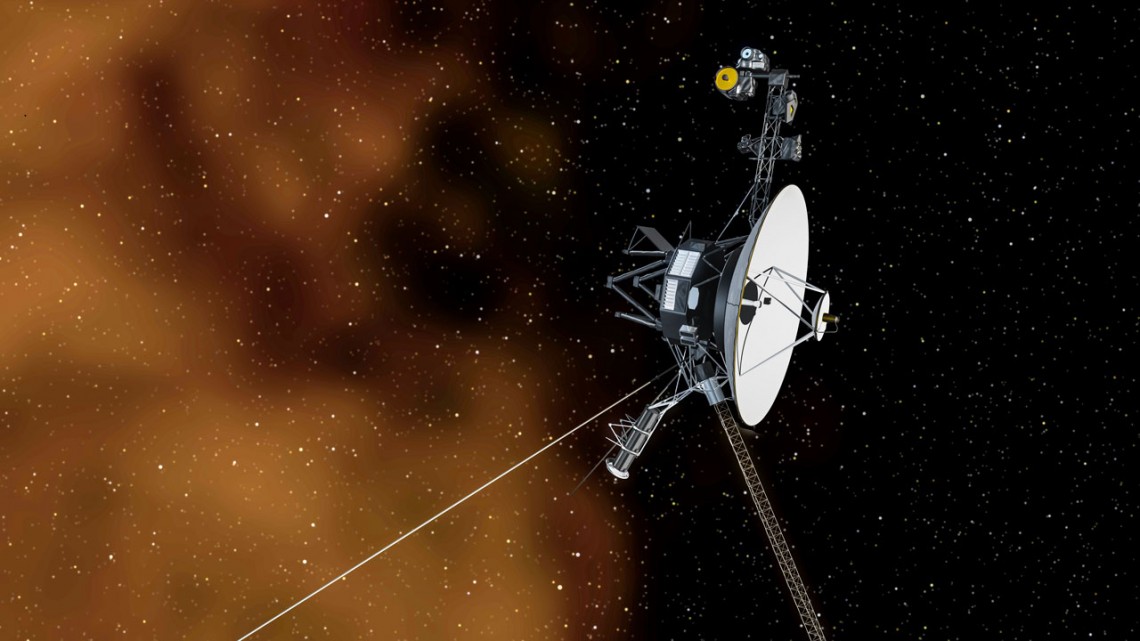
Lost in space? Here's a new method to find your way back home.
By Paul Sutter published
Space is big — really big. And if you want to successfully navigate the interstellar depths of our galaxy, you're going to need some sort of reliable system.
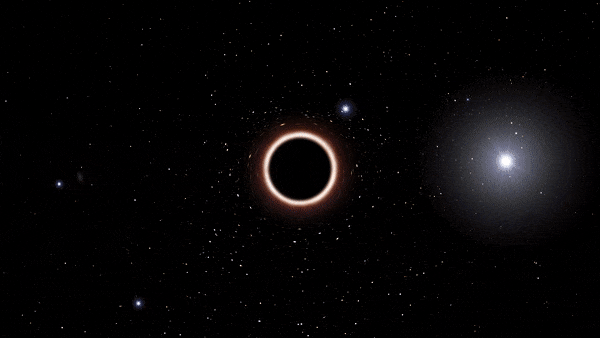
Fluffy ball of darkinos could be lurking at the center of the Milky Way
By Paul Sutter published
The supermassive black hole in the center of our galaxy may not be a black hole at all, but rather a fluffy ball of dark matter called darkinos.
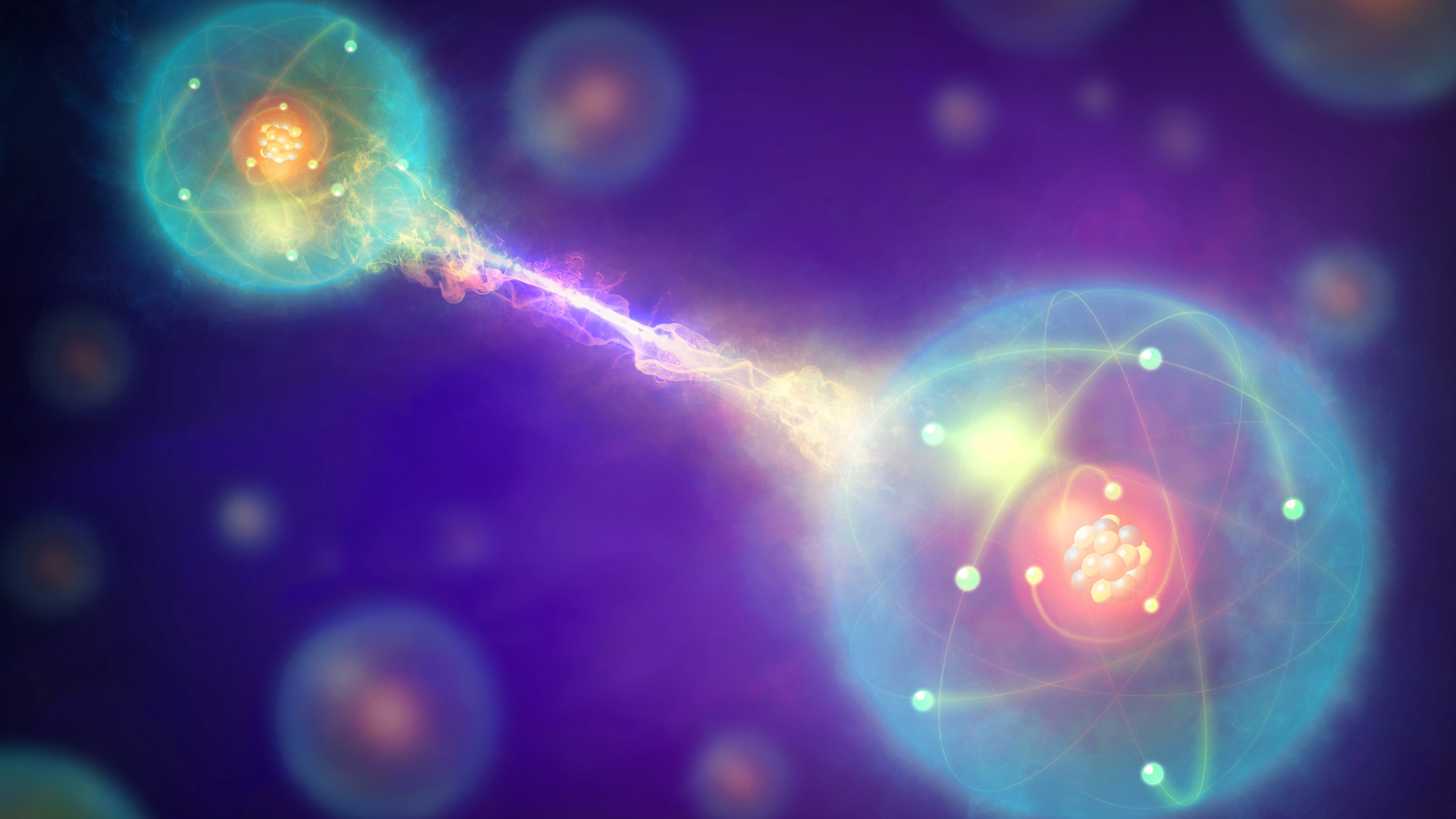
What is quantum entanglement?
By Paul Sutter published
Quantum entanglement is one of the uber-bizarre phenomena seen when things get itty-bitty. Here's a look at how entanglement works and why it's so weird.
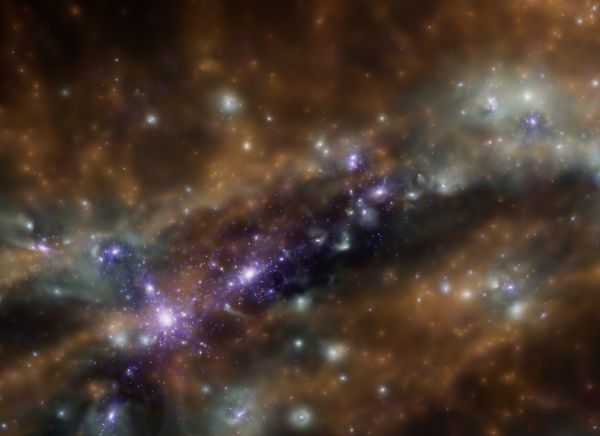
Is there a pattern to the universe?
By Paul Sutter published
For decades, cosmologists have wondered if the large-scale structure of the universe is a fractal — that is, if it looks the same no matter how large the scale.
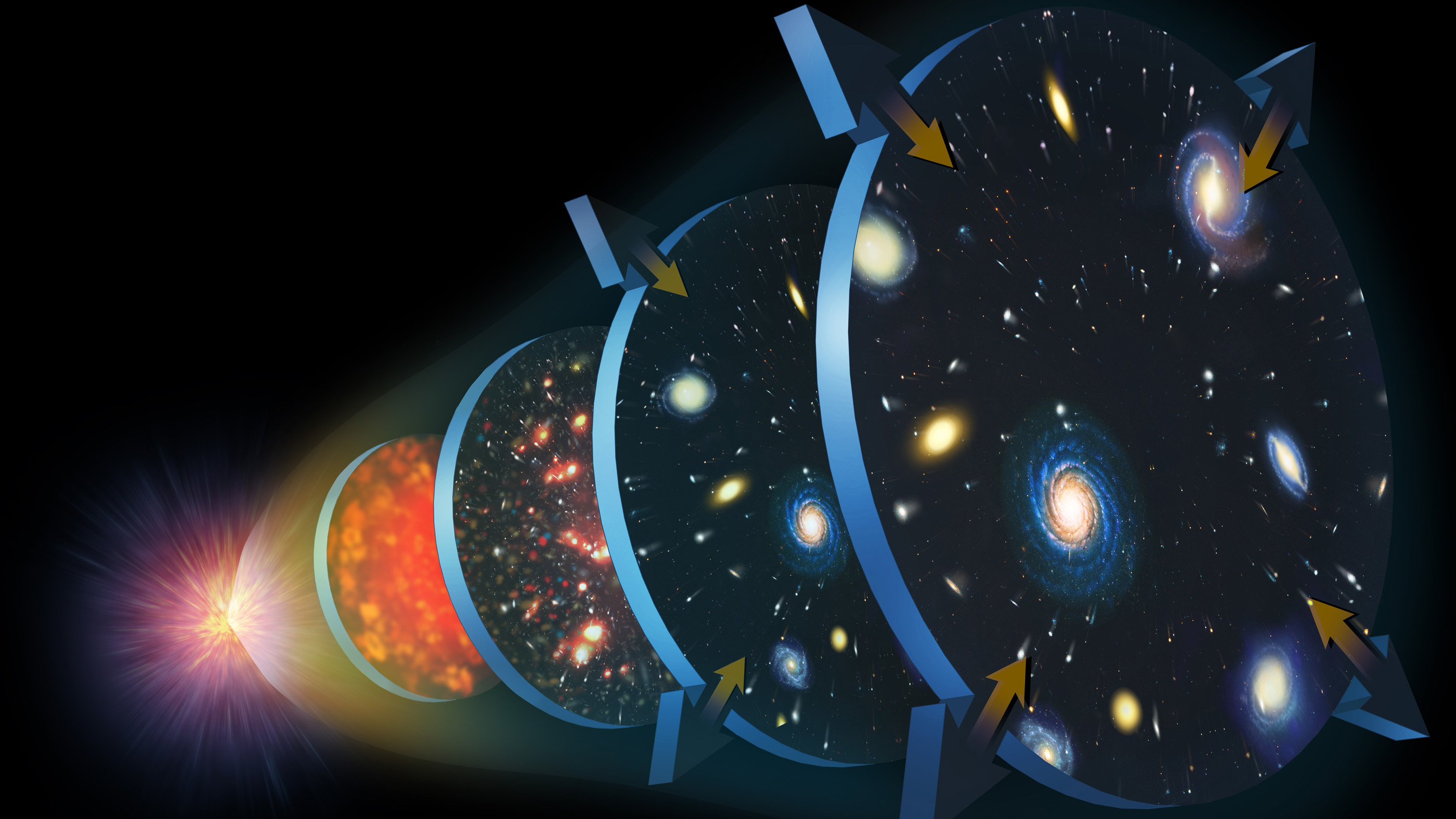
Will we ever know exactly how the universe ballooned into existence?
By Paul Sutter published
Physicists have long been unable to describe what happened just after the Big Bang when a teensy blip ballooned into the universe, a process called inflation. We may know why.
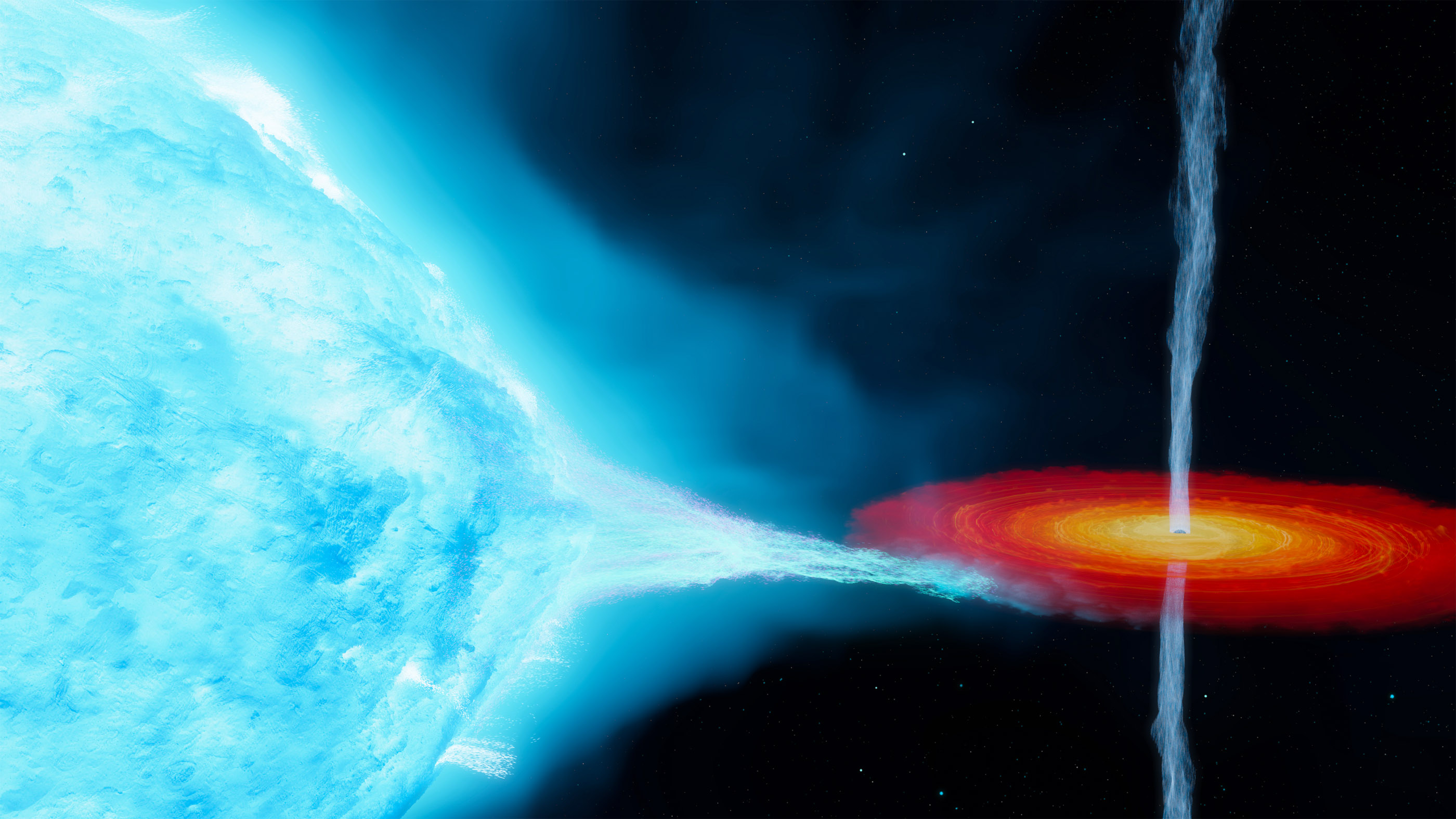
What are black holes? Everything you need to know about the darkest objects in the universe
By Paul Sutter published
Find out what black holes are, who discovered them, how we know they exist and what would happen if you fell into a black hole.
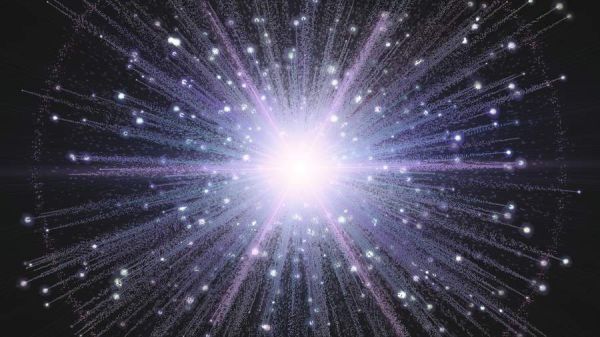
The 1st few seconds of the Big Bang: What we know and what we don't
By Paul Sutter published
Believe it or not, physicists are attempting to understand the universe when it was only a handful of seconds old.

What if Planet Nine is a baby black hole?
By Paul Sutter published
The hypothetical Planet Nine may not be a planet but rather a small black hole that might be detectable from the theoretical radiation emitted from its edge, so-called Hawking radiation.

Can super-rotating oceans cool off extreme exoplanets?
By Paul Sutter published
New research suggests a way to move heat around "tidally locked" alien planets: ocean currents whipping around the worlds faster than they rotate.
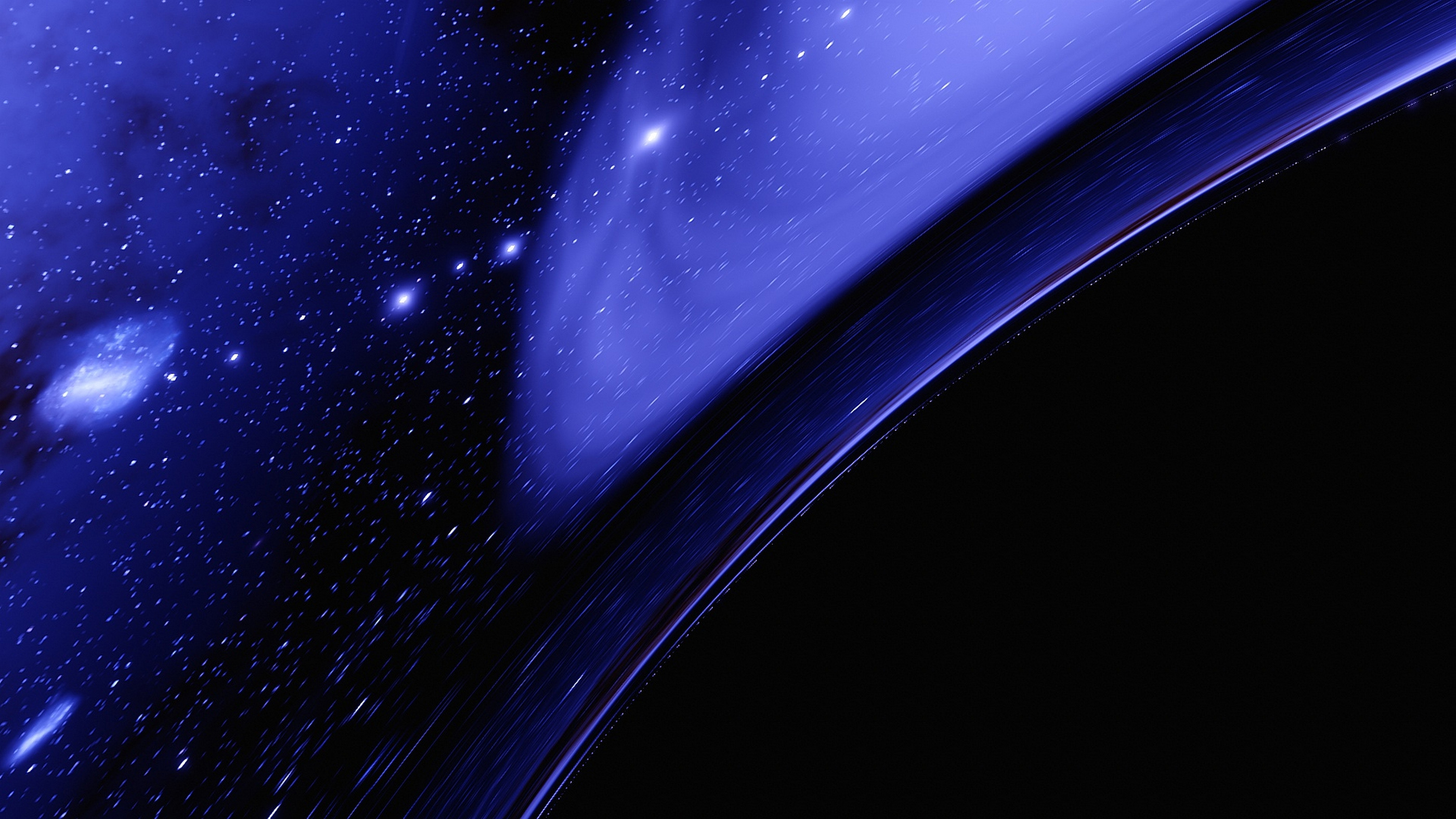
Black holes could be dark stars with 'Planck hearts'
By Paul Sutter published
Black holes may not be black or holes, a new theory proposes.
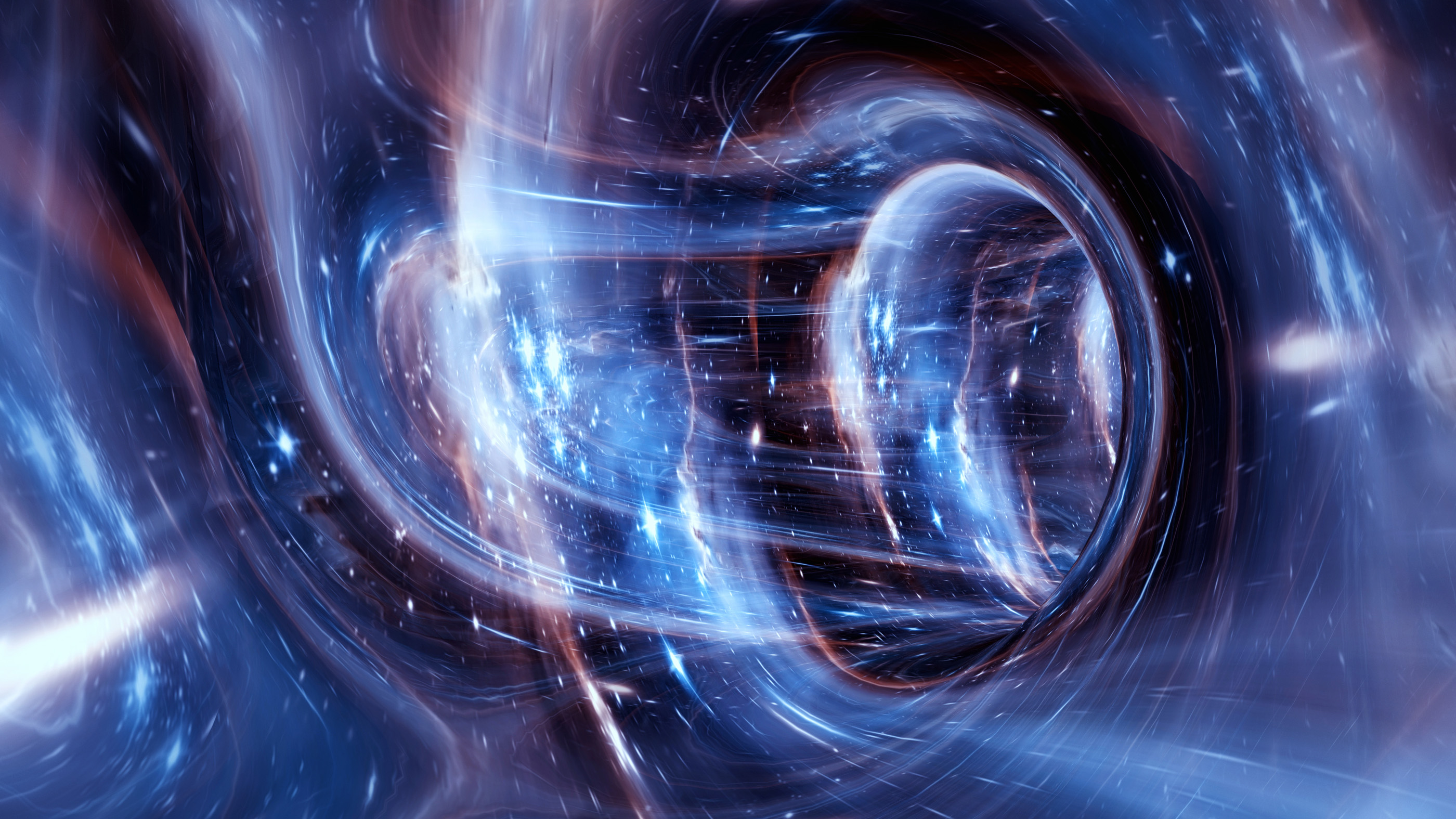
'Gravity portals' could morph dark matter into ordinary matter, astrophysicists propose
By Paul Sutter published
Astrophysicists have a wild idea to explain the bizarre abundance of super-high-energy radiation shooting from the center of our galaxy: gravity portals.

Could there be a cluster of antimatter stars orbiting our galaxy?
By Paul Sutter published
We don't know why the universe is dominated by matter over antimatter, but there could be entire stars, and maybe even galaxies, in the universe made of antimatter.

Superpowerful 'oscillon' particles could have dominated the infant universe, then vanished
By Paul Sutter published
A weird, super-powerful particle that's not truly a particle could have dominated the universe when it was just a second old, releasing a flood of ripples that permeated all of space-time.

Mysterious 'kick' just after the Big Bang may have created dark matter
By Paul Sutter published
A mysterious "kick" in the early universe may have produced more matter than antimatter. And that imbalance may have also led to the creation of dark matter, researchers now say.
Sign up for the Live Science daily newsletter now
Get the world’s most fascinating discoveries delivered straight to your inbox.
